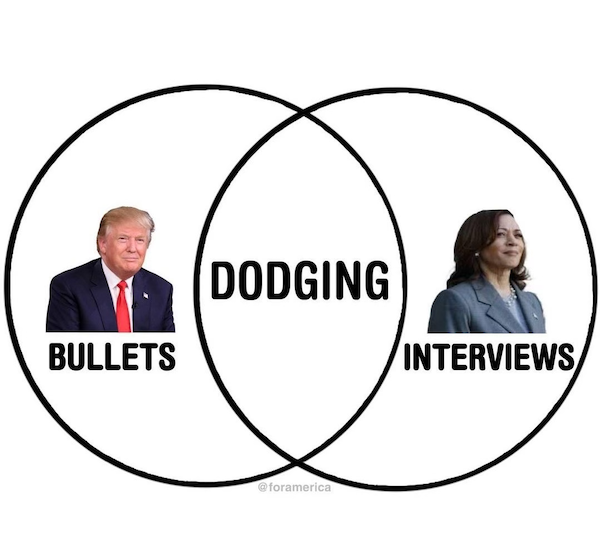[ad_1]
Even those who are not unfriendly toward markets often ignore or forget some of their properties. Consider zoning. A recent article in The Economist reports how high house prices have generated a YIMBY (Yes In My Backyard) movement that challenges some zoning regulations (“The Growing Movement to Restrain House Prices,” September 6, 2023). It is refreshing that the simple idea that less supply leads to higher prices ceteris paribus seems better recognized.
Speaking about the old NIMBY (Not In My Backyard) movement, the Economist story suggests:
Nowadays, people are more likely to fear that new housing will worsen traffic, or that their views will be spoiled, or that new neighbours will be annoying, or that public services will not expand to meet extra demand. This all creates strong incentives for existing residents to organise against new development. By contrast, the people who would live in homes that are not yet built do not get a say.
The NIMBYs also fear that the value of their property will decrease if the supply of housing increases. In fact, it will probably go in the other direction if property owners are allowed to build a second house or an apartment block on their lots. But I mainly want to emphasize the last sentence: “people who would live in homes that are not yet built do not get a say.”
This is a general problem in politics (that is, the institution of command and obedience). Most individuals don’t have a say in politics. An individual vote has practically no chance of changing the result of an election. On the market, on the contrary, everybody has a direct say through his demand, whether he buys at the market price or bids up the price—by making a better offer on a house he wants. This is why entrepreneurs build new housing units: because they think some unsatisfied demand is silently bidding up the price at which they will be able to sell. (Note also how a competing supplier can similarly bid down the price at which he is willing to sell.) In fact, even children and individuals not yet born have a say through their parents’ land holdings or through speculators who keep land undeveloped until a new demand appears and bids up prices.
Another paragraph in the same story is more clearly deficient:
But all rich countries regulate construction, for good reason. Whereas a car can be manufactured and then transported almost anywhere, land is an inherently scarce resource, and for the most part housing is only valuable when it is near jobs, public services and infrastructure. Few people want to live right next door to a sewage plant; lots want to live near a large park. Planning is meant to take such things into account.
The babble about “inherent” scarcity wouldn’t pass introductory economics. Scarcity is always and only the result of supply and demand. A diamond can be mined or “manufactured and then transported almost anywhere.” Cars require steel or aluminum, the inputs of which are mined in places that don’t float above the land.
But what I want to focus on are the last two sentences: the blurb about planning being necessary because “few people want to live right next door to a sewage plant” and “lots want to live near a large park.” Few people would die for flank steak while very many love tenderloin. Would planning “taking such things into account” help people who cannot afford tenderloin? Suppose you live on an expensive lot near a large park: what is the probability that a sewage plant will buy the expensive lot bordering yours? Infinitesimal—except perhaps if the buyer is a government agency. A billionaire might also do it just because he hates you and wants to make your life difficult, but that’s not the way he has become a billionaire (and perhaps that might be considered a nuisance). Some people who cannot bid up the price of the house near the large park do choose to live near pork farms, sewage plants, or airports, or on floodable lands. The reason is simple reason: demand for, and prices of, such locations are lower.
(When a nuisance does “come to you,” even without malicious intent, represents a complex legal-economic case, as suggested by the strange 1879 decision in Sturges v. Bridgman; see Ronald Coase’s seminal 1960 article “The Problem of Social Cost.”)
What zoning does is to prevent some people from bidding up prices on pieces of land where other people don’t want them to live. Politics does not allow individuals to bid as well as they can on markets. Interestingly, the rich can often do political bidding better than the poor. And for most people, punishments for breaking laws are worse than the economic constraints on bidding up the prices of what they want. Markets and contracts are not perfect; but politics and commands are worse.
[ad_2]
Source link





















